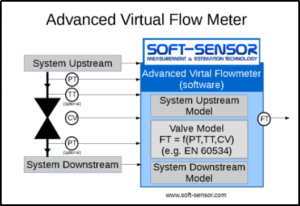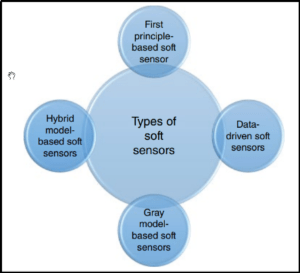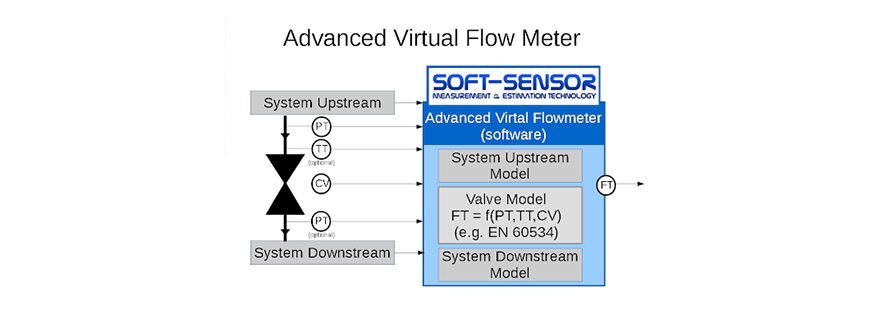 What is a Soft Sensor?
What is a Soft Sensor?
Modern chemical plants are equipped with data historians that constantly collect and online data from all of the installed sensors every second or minute. Approximately two decades ago, researchers started to make use of the huge data inventory by building predictive models based on these data. These predictive models are commonly called soft sensors.
Other common equivalent terms for predictive sensors in CPI are inferential sensors, virtual online analyzers, and observer‐based sensors. By definition, an inferential or soft sensor is a mathematical relation that calculates or predicts a controlled property using other available process data.
Examples of Soft Sensors are many:
- Polymer process: melt flow index (MFI) or melt/flow ratio (MFR), density
- Refining or petrochemical process: Product impurity (C5+, C4− etc.), petroleum fraction boiling points IBP, EP, and petroleum fraction cold properties (such as flash, freeze, cloud point)
Why Soft Sensors are necessary?
- When it is very difficult or costly to measure an important parameter online, such as distillation tower top product impurity, soft sensors are used to predict that inferential property from other easily measurable parameters such as top temperature & pressure
- Sometimes soft sensors are used as back‐ups to an existing analyzer to reduce or eliminate dead time, both from the process and the analyzer cycle
- Soft sensors provide redundancy for a limited time in case the analyzer is unavailable because of maintenance or calibration, for example, the original and still most dominant application area of soft sensors is the prediction of process variables, which can be determined as a low sampling rate (online analyzer) or through offline laboratory analyses only. In most cases, these variables directly or indirectly affect the process output quality. Thus, real‐time information with a high‐sampling rate is very important for these variables for process control and management. For these reasons, it is of great interest to deliver additional information about these variables at higher sampling rates and/or lower financial burden, which is exactly the role of soft sensors

There are four types of soft sensors:
- First Principle‐Based Soft Sensors:
If the phenomenology of the process is well understood and can be expressed by first principle‐based material, energy, and momentum balance, then these types of soft sensors can be developed.
- Data‐Driven Soft Sensors:
With the development of process data historians and fast computers, a large number of process data are stored every minute. This gives scope to develop data‐driven soft sensors. Statistical or black‐box models are developed from huge amounts of historical process data.
- Gray Model‐Based Soft Sensors:
Most of the time, some process knowledge or phenomenology is available for industrial processes. This type of model‐building technique makes use of a good part of both phenomenological modeling and data‐driven modeling. The developer first tries to predict the output using available phenomenological modeling. As the phenomenological model could not explain the whole process dynamics and interactions, it alone cannot accurately predict the output. A residual error will generate when compared to actual output and predicted output. The residual error is then modeled by black‐box type algorithms like ANN, PCA, PLS, and SVR. The output from first‐principle models and output from black‐box models are combined to generate the final output.
- Hybrid Model‐Based Soft Sensors:
Sometimes two types of black‐box modeling techniques are combined to generate a final hybrid model. Hybrid modeling techniques generate predictions that are more accurate and robust than single black‐box techniques.
Major Applications of Soft Sensor:
- Process Monitoring and Process Fault Detection
- Sensor Fault Detection and Reconstruction
- Use of Soft Sensors in MPC/APC Application



